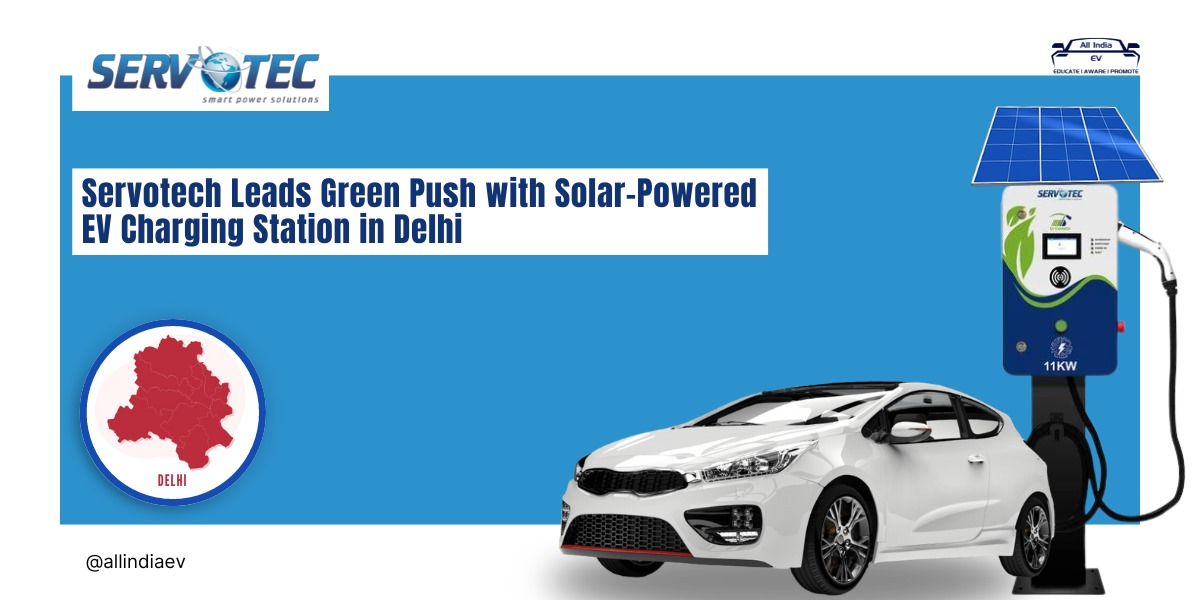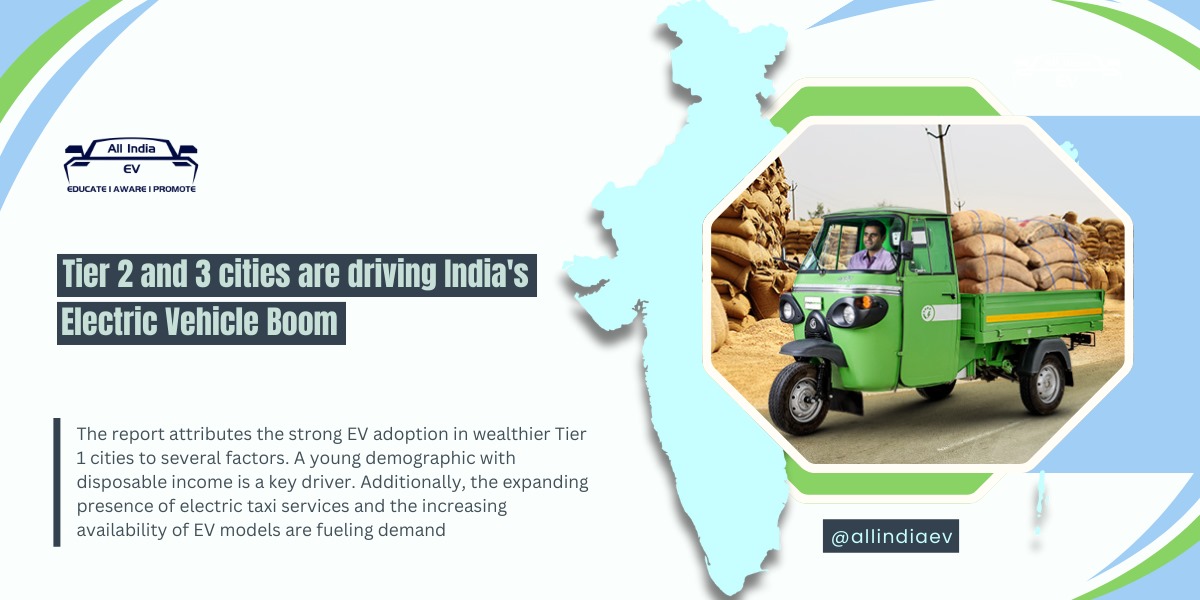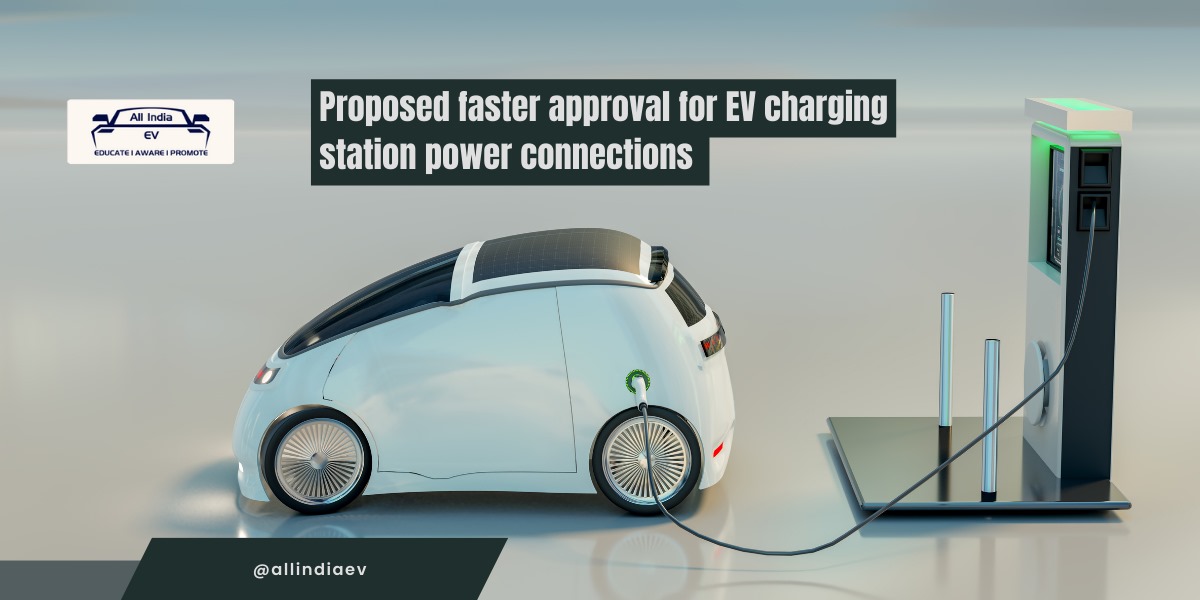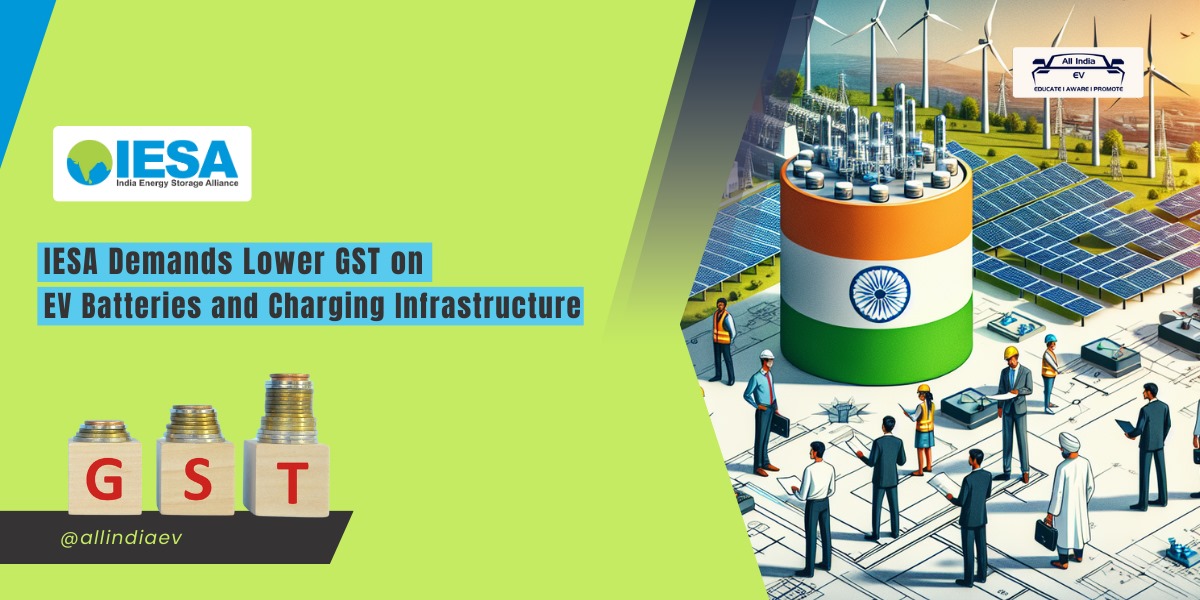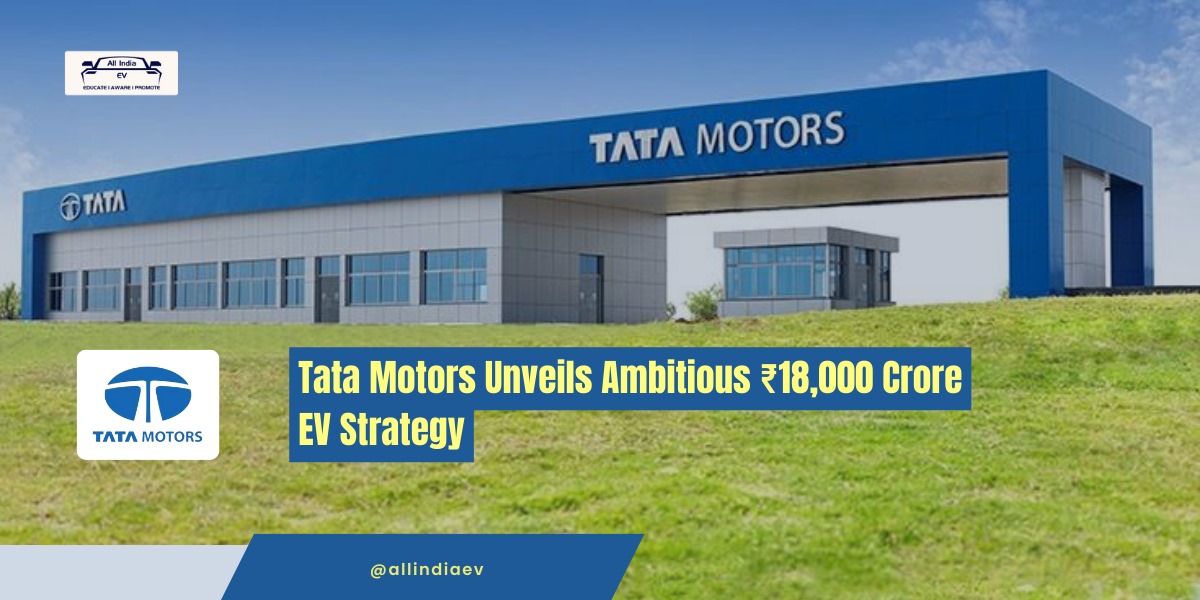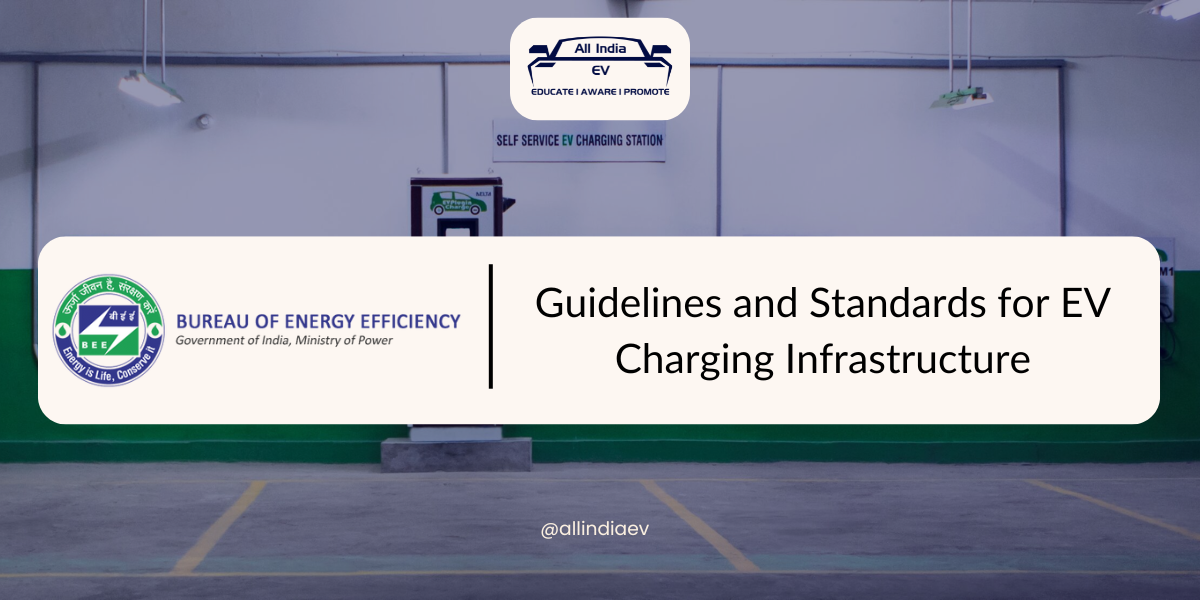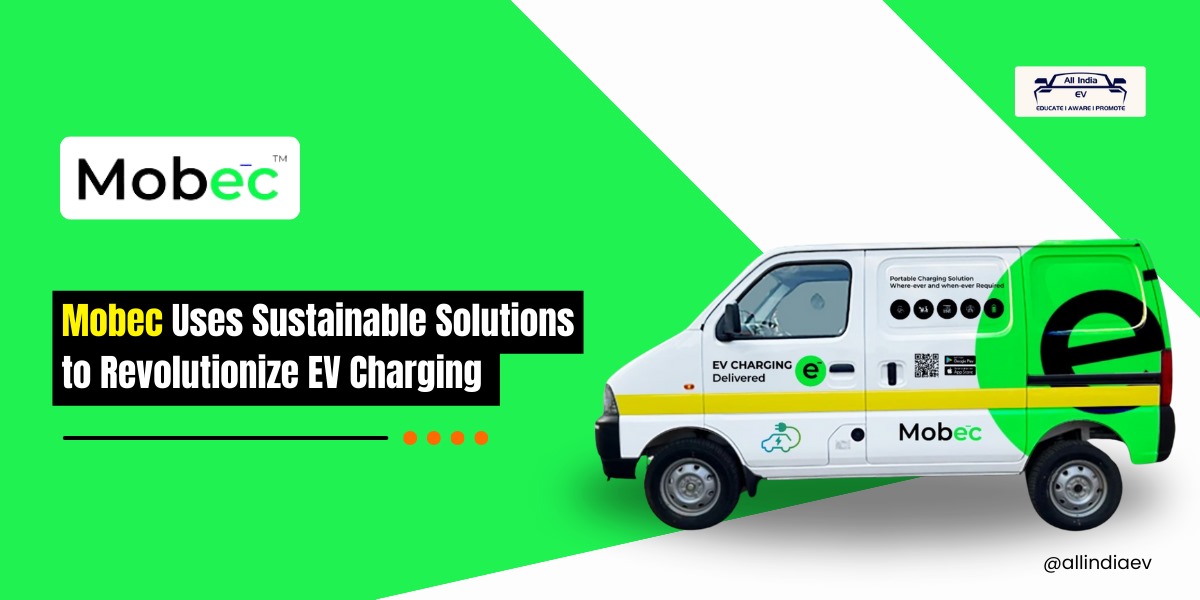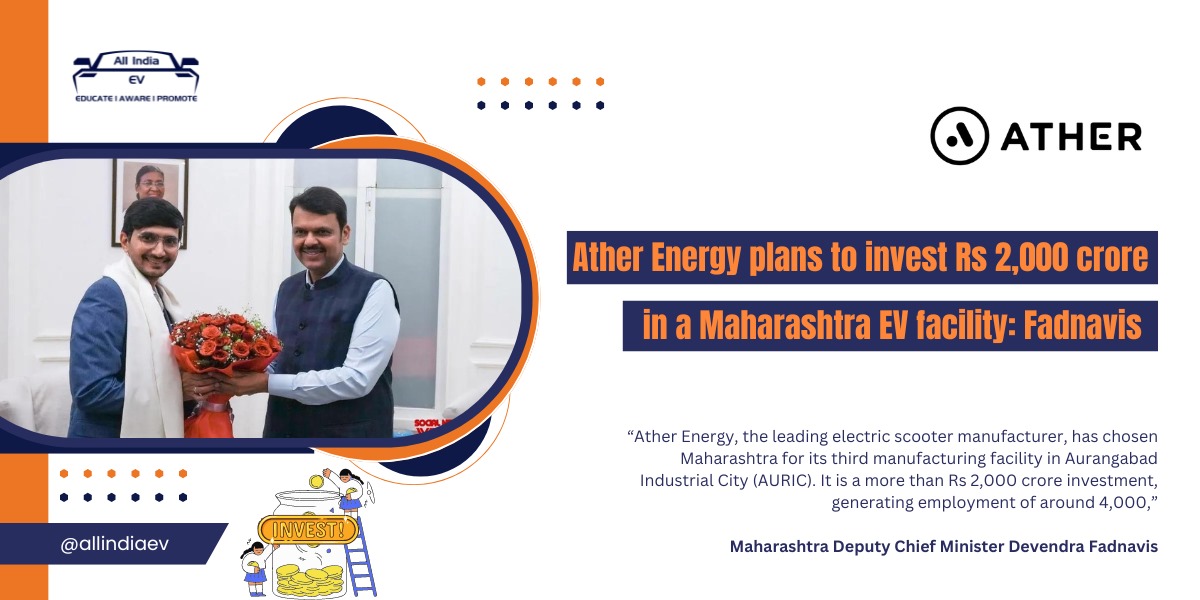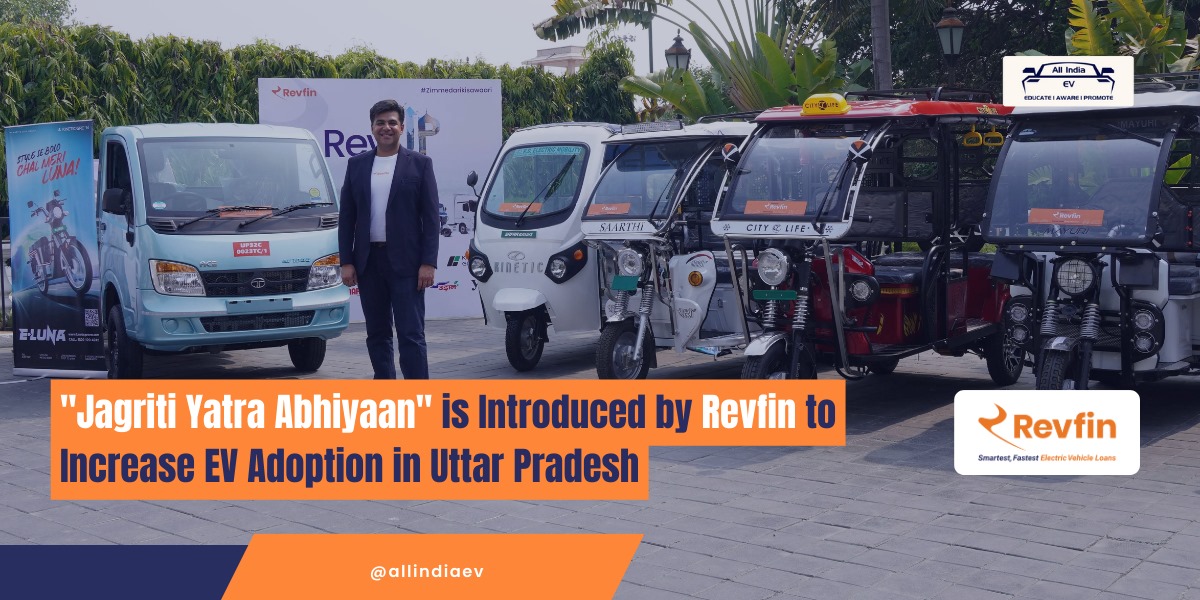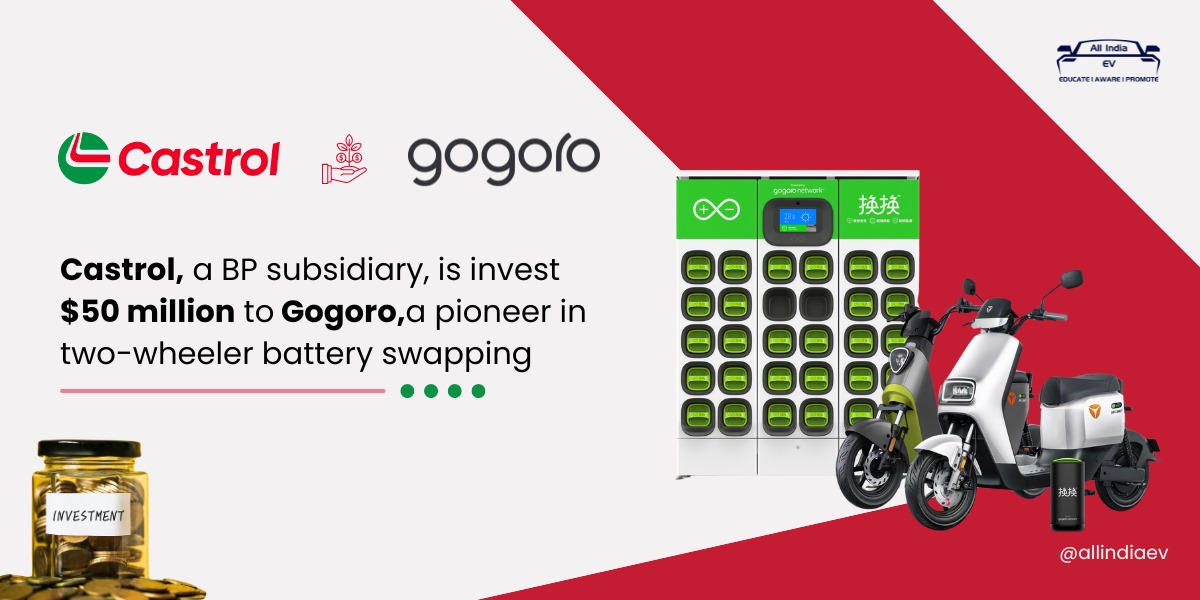EV News

Servotech Solar Powered EV Charging Station
Servotech Leads Green Push with Solar Powered EV Charging Station in Delhi Servotech Power Systems…
Growth of Electric Vehicles in Tier 2 & Tier 3 cities
Growth of Electric Vehicles in Tire 2 & Tire 3 cities Electric vehicles (EVs) are…
Streamlined Approval for EV Charging Stations Proposed
Streamlined Approval for EV Charging Stations Proposed The government is set to streamline the approval…
IESA Calls for GST Reduction on EV Batteries, Charging Infrastructure
IESA Calls for GST Reduction on EV Batteries, Charging Infrastructure The India Energy Storage Alliance…
Tata Motors Unveils Ambitious ₹18,000 Crore EV Strategy
Tata Motors Unveils Ambitious ₹18,000 Crore EV Strategy According to a top Tata Motors executive,…
Revised Guidelines and Standards for EV Charging Infrastructure: Key Highlights
Revised Guidelines and Standards for EV Charging Infrastructure: Key Highlights The Bureau of Energy Efficiency…
Mobec is transforming EV charging with sustainable solutions
Mobec is transforming EV charging with sustainable solutions Mobec has unveiled its latest advancements in…
Ather Energy Plans ₹2,000 Crore Investment for Third Plant in Maharashtra
Ather Energy Plans ₹2,000 Crore Investment for Third Plant in Maharashtra Maharashtra's Deputy Chief Minister…
Revfin has unveiled the ‘Jagriti Yatra Abhiyaan’Boost EV Adoption in Uttar Pradesh
Revfin has unveiled the 'Jagriti Yatra Abhiyaan'Boost EV Adoption in Uttar Pradesh Revfin, India's prominent…
Castrol’s Strategic $50 Million Investment in Gogoro
Castrol's Strategic $50 Million Investment in Gogoro Castrol, a leading global lubricant brand under BP,…


